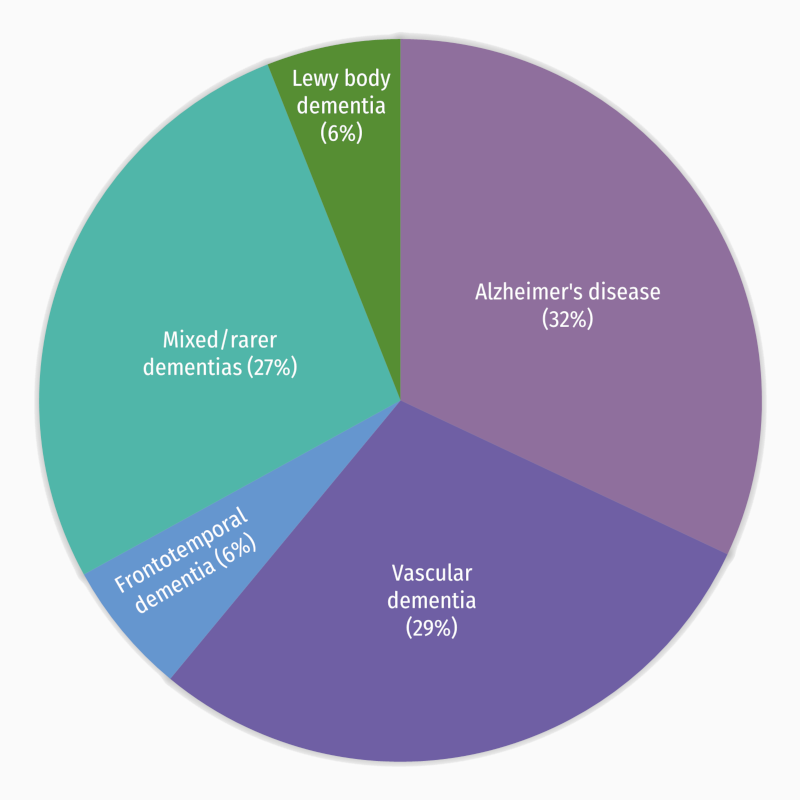meamedica.com risk of Alzheimer's test
Genetic factors play a significant role in determining an individual's susceptibility to Alzheimer's disease. While other factors such as age, family history, cardiovascular health, and lifestyle choices like diet and exercise also play crucial roles, genetic variations in certain genes can impact key aspects of Alzheimer's pathology, including:
- Formation of amyloid plaques
- Abnormalities in tau proteins
- Neuroinflammation
- Neuronal death and synaptic dysfunction
Understanding these genetic influences can help in defining proactive measures such as maintaining a healthy lifestyle, managing cardiovascular risk factors, stimulating mental activity, maintaining social connections, and consulting healthcare providers for personalized guidance and support to reduce the potentially increased risk of Alzheimer's disease.


